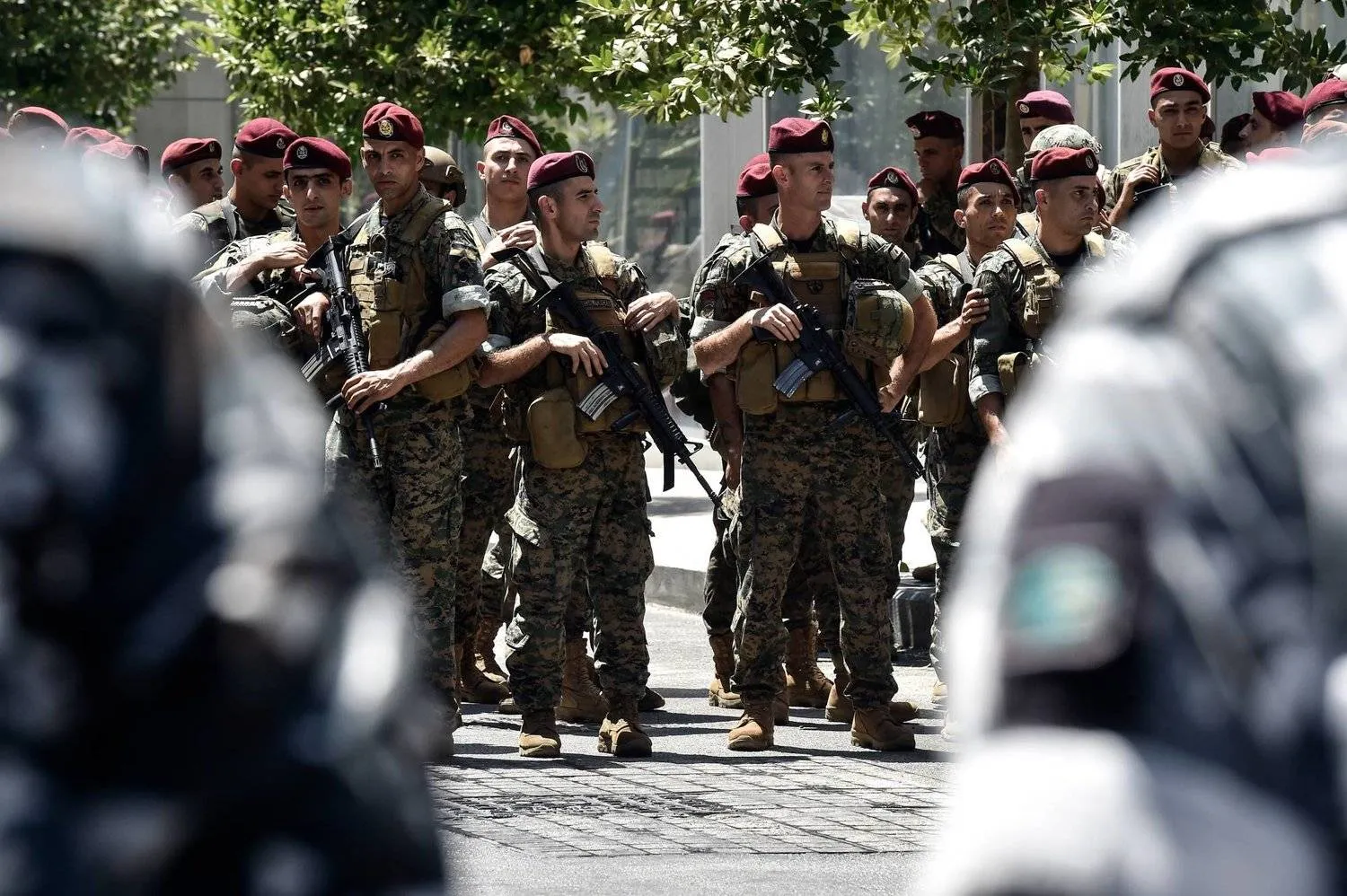Lebanon’s government is seeking to avoid an escalation with Sweden over demands in Beirut to expel the Swedish ambassador and summon the Lebanese ambassador from Stockholm as an objection to the burning of the Quran.
Last week, a photo of the Swedish Ambassador to Lebanon, Ann Dismorr, circulated on social media, showing the diplomat departing Beirut after calls by Hezbollah Secretary-General Hassan Nasrallah to expel her.
Lebanon’s foreign ministry didn’t issue any statement to clarify whether the ambassador was expelled.
Yet, diplomatic sources told Asharq Al-Awsat that she “left on vacation”, stressing that “no measures were taken against her” and Lebanon’s ambassador to Sweden wasn’t summoned either.
Nasrallah had called on the Arab and Islamic nations to demand their governments expel Sweden's ambassadors and withdraw ambassadors from Sweden.
He further urged the Lebanese government to withdraw the ambassador or chargé d'affaires from Sweden and to expel the Swedish ambassador from Lebanon.
The deputy head of the Executive Council of Hezbollah, Ali Damoush, demanded that the state “bear full responsibility” and “expel the Swedish ambassador to Lebanon as well as withdraw the Lebanese ambassador from Sweden.”
Supporters of Hezbollah held on Friday a sit-in outside the Swedish Embassy in Beirut.
During a phone call with his Lebanese counterpart Abdallah Bou Habib, Swedish Foreign Minister Tobias Billstrom expressed on Sunday Sweden’s regret over the desecration of the Quran and the insult to Islamic beliefs and symbols.
Bou Habib welcomed the position and encouraged Sweden to take additional practical steps to reduce feelings of growing hatred and Islamophobia.
He also affirmed Lebanon's respect for international agreements, particularly the Vienna Convention on Diplomatic Relations, and its commitment to taking all possible measures to ensure the safety of Swedish interests and citizens within its borders.









